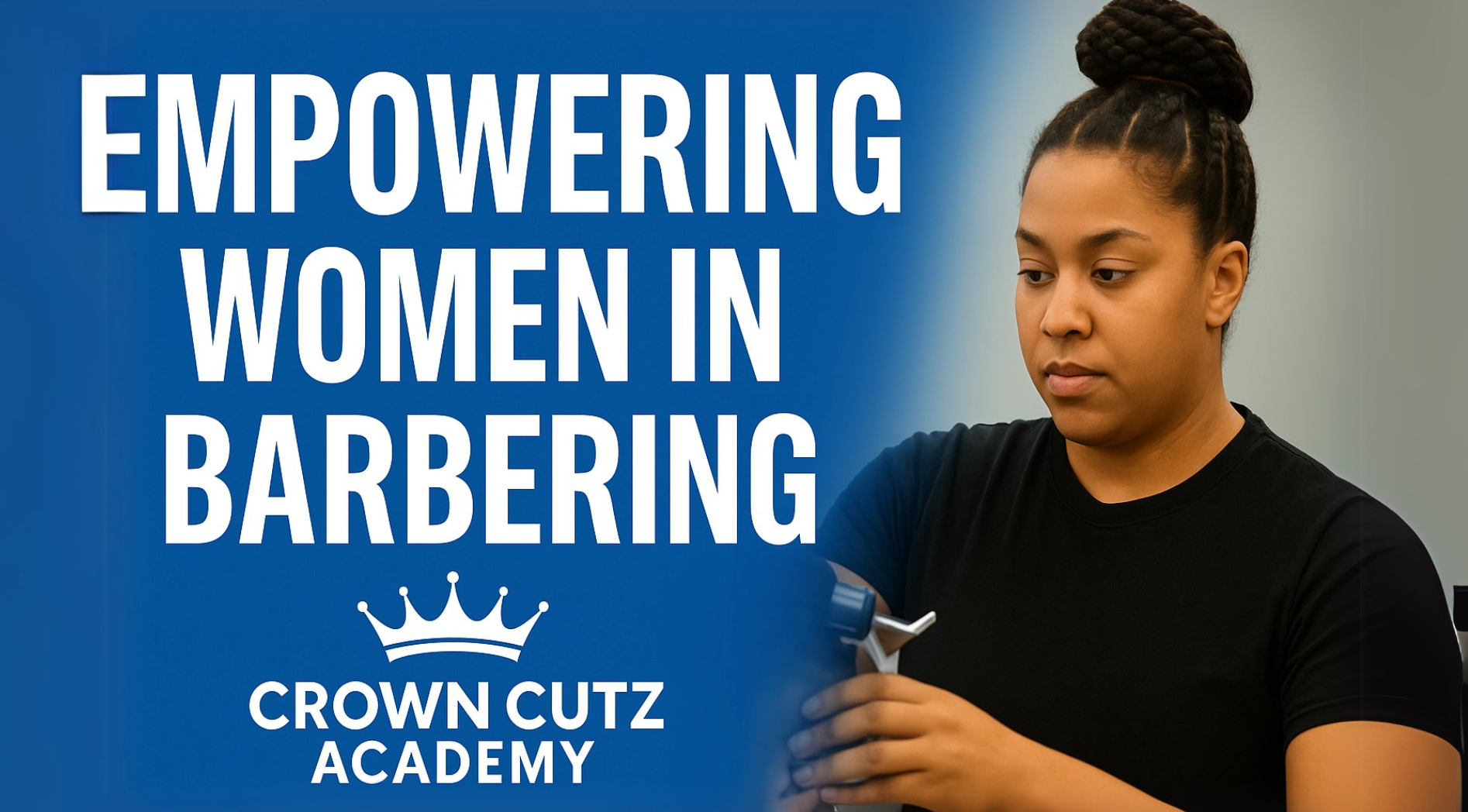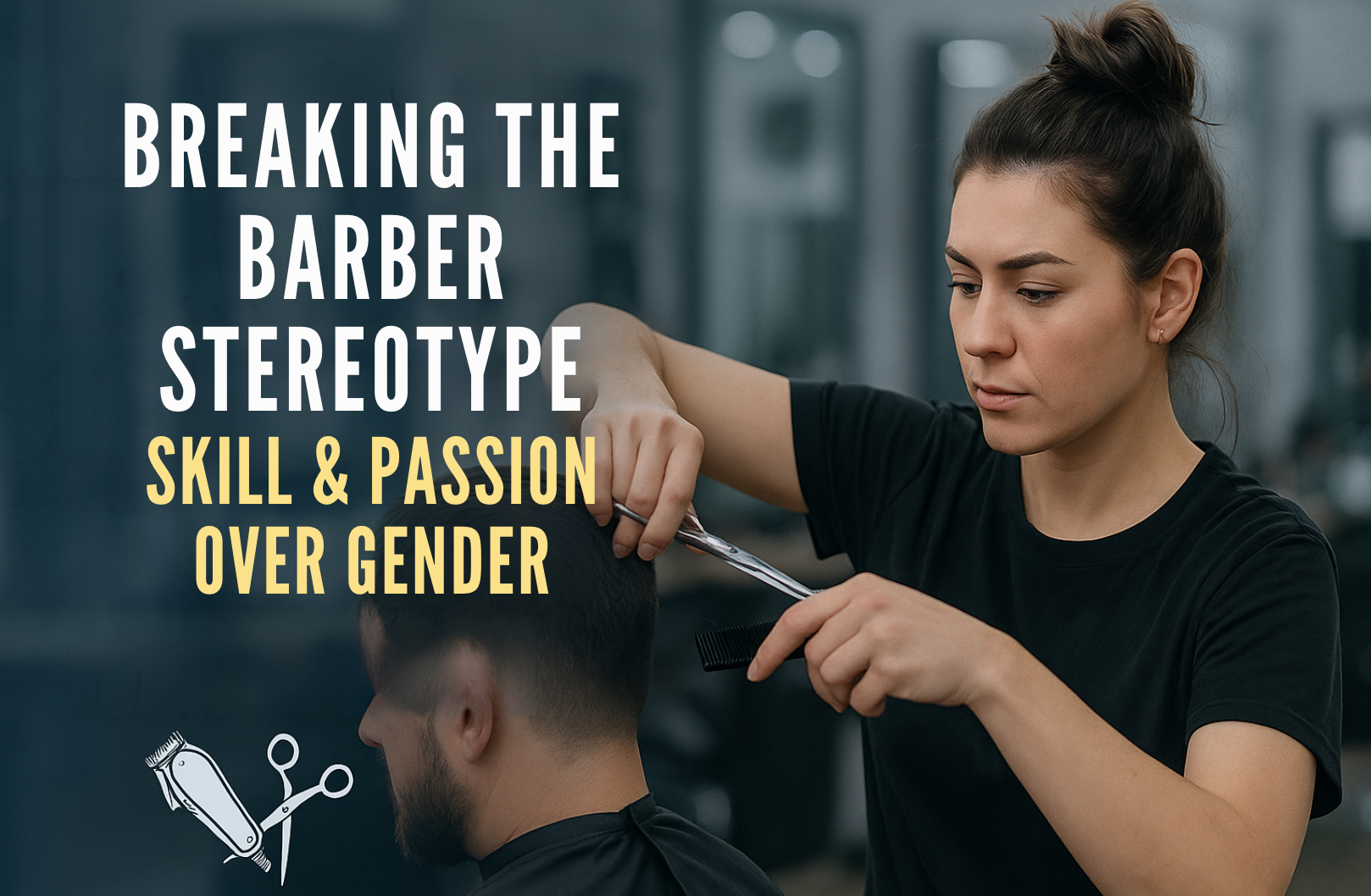The Future of Barbering Education: The Impact of Potential Financial Aid Withdrawal
In the latest episode of our podcast, our hosts dive deep into a pressing issue that's shaking up the barbering community: the government's plans to withdraw financial aid from the barbering sector. This episode brings together a panel of experts who explore the potential ramifications of this decision and share their diverse viewpoints on how it could reshape the industry.
The Importance of Financial Aid in Barber Education
Financial aid has long been a cornerstone of accessibility in barber education. It lowers the economic barriers for many aspiring barbers, allowing individuals from various backgrounds to pursue their passion without being impeded by financial constraints. This support not only makes barber education more inclusive but also sustains the industry by continuously nurturing new talents.
Potential Impact on Barber Schools and Students
Our panelists express significant concern over the potential impact of withdrawing financial aid. Without this crucial support, many students might find it increasingly challenging to afford tuition. This financial pressure could lead to a noticeable decline in enrollment numbers as prospective students struggle with the prospect of paying out-of-pocket while balancing work and study without any safety net. The risk is that fewer new barbers will enter the industry, potentially upsetting the balance of supply and demand for skilled barbers.
Alternative Educational Pathways
The discussion also touches on alternative educational pathways available to barber students, such as programs offered by the Tennessee College of Applied Technology (TCAT) and community colleges. These alternatives often differ from traditional barber schools in terms of program duration, the amount of hands-on experience provided, and financial aid options available. The comparative analysis suggests that while these alternatives might ease the financial burden to some extent, they may not fully replicate the comprehensive training provided by traditional barber schools.
The Government's Rationale
The government’s explanation for pulling financial aid centers around economic and budgetary considerations, with barbering being classified as a non-essential service. Our panel critiques this view, emphasizing the everyday importance of barbers in maintaining personal hygiene and boosting individuals' confidence. They argue that the withdrawal of support overlooks the vital role barbers play within communities and the long-term economic contributions they make.
Industry Consequences and Adaptations
The potential withdrawal of financial aid may lead to various unforeseen consequences within the barber industry. Panelists predict a surge in unlicensed and bootleg barbers, which could compromise service quality and industry standards. However, the industry might adapt by increasing reliance on apprenticeships and mentorships. There is also a possibility of more private funding options and scholarships emerging in response to the need for financial support.
Personal Experiences and Perspectives
Heartfelt personal stories and opinions from our panelists highlight the profound impact that financial aid has had on their lives and careers. Many share their concerns about the future and the emotional toll this policy change might impose on aspiring barbers. These narratives underscore the real-world implications beyond the statistics and policies.
Call to Action
To close the episode, we encourage our listeners to stay informed and actively participate in the dialogue surrounding this issue. Advocacy can take many forms, from contacting local representatives to joining industry groups and forums. It's crucial for the community to voice their concerns and work collectively to ensure the continuation of financial aid in barbering education.










